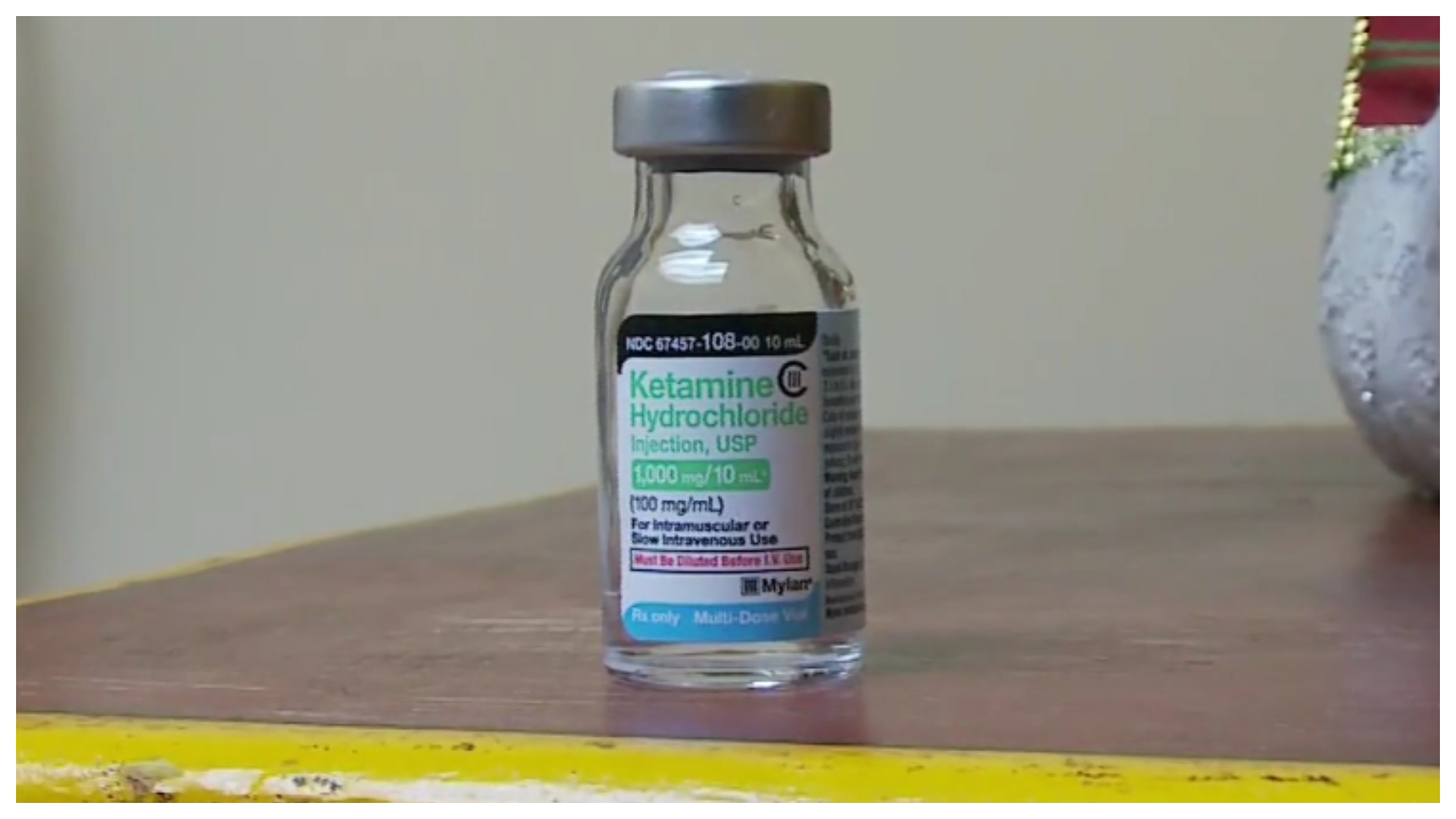
When people think of ketamine, typically they think of a dangerous street drug, commonly called Special K. However, ketamine, when used for medical purposes, has been known to have amazing effects. It was approved by the Food and Drug Administration more than 50 years ago, and it has been used for treating post-traumatic stress disorder, typically in soldiers returning from war. Now it seems the treatment may be coming into the mainstream for treating other illnesses of the mind.
The FDA approved ketamine, under the name esketamine (called Spravato by the manufacturer), for treatment-resistant depression in 2019. Of course, with any new treatment, there's bound to be fear and pushback. Still, standard antidepressants don't help a lot of people who use them, or the side effects are too challenging for long-term use. It makes depression one of the most devastating illnesses, leaving sufferers feeling completely helpless in its grasp.
Ketamine, which is classified as a psychedelic, works quite differently than antidepressants. It essentially acts as a kind of reset for the mind. And as ketamine-specific treatment centers pop up around the globe and more practitioners begin to offer the treatment in their practices, more and more people are experiencing relief.
Psychiatrist Phil Wolfson is the medical director at the Center for Transformational Psychotherapy, where ketamine is being used to treat patients with depression, anxiety, PTSD, and other mood issues.
He went so far as to call the drug the "best antidepressant we have in this specialty when embedded in psychotherapy."
Patients at the center can either take a low-dose lozenge or get an injection in the arm. Then they experience the mind-altering impacts of the drug while taking part in a psychotherapy session that can last hours. "It's like going into a deep dream," Dr. Wolfson says.
When patients "wake up" from the dream, in many cases their mood is greatly improved. Many people experience rapid relief and have a new perspective on life. How long the positive benefits last vary from person to person, but it's typically felt for about a week.
There is concern about widespread off-label use of the drug at clinics where qualified mental health professionals are not on site. Some researchers also note that more studies are needed to investigate long-term impacts on the brain.




